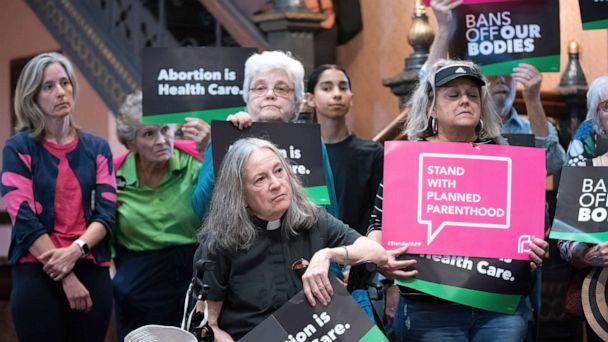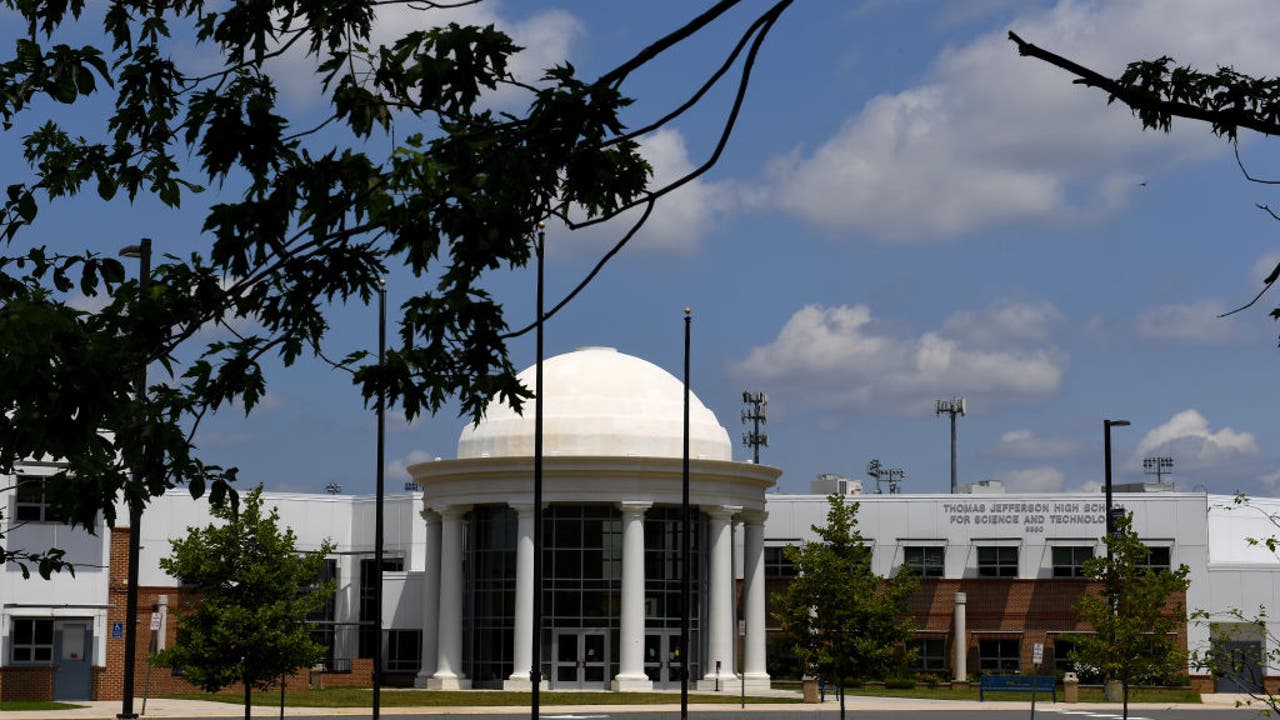

- #Philadelphia traffic court drivers#
- #Philadelphia traffic court driver#
- #Philadelphia traffic court registration#
Pittsburgh’s City Council voted 8-1 for a practically identical bill last December, which will likely go into effect this spring. city to adopt such a policy, but the idea is being adopted in other jurisdictions. Thomas, who himself has been pulled over numerous times in Philly, told NPR “we’re excited about what we are possibly able to do as it relates to not just reducing traffic stops and minimizing negative interactions between communities of color and law enforcement, but just overall changing the narrative as it relates to the relationship between the two.” Relations between communities of color and law enforcement are fraught with tension around the history and persistence of many forms of discrimination, and the goal of the bill was to decrease these encounters. Where’d the idea come from?įirst and foremost, the impetus for the Driving Equality bill is the experience many Black and brown motorists in Philly have grown too familiar with: being pulled over for minor, harmless infractions that lead to prolonged stops and searches. Members of the group should be announced by the end of the month, Weissman said. “This group is a combination of academics and experts, but also concerned citizens,” said Max Weisman, director of communications for Thomas. Police also must publish a yearly report laying out their enforcement of the vehicle code, and collaborate with the new Citizen Police Oversight Commission to make sure best practices are being followed.Ĭouncilmember Thomas’s office is also forming a working group to track the policy’s implementation and the new data Driving Equality will produce. The bill for Driving Equality-derived data requires more disclosures than the consent decree, with a mandate to publicly release the data on, at minimum, a monthly basis. City of Philadelphia, a federal lawsuit that alleged Black and Latino men were being searched in violation of their constitutional rights. The Police Department first began maintaining a database for pedestrian stops and searches since 2011, under a consent decree that followed Bailey v.
#Philadelphia traffic court registration#
Registration plates, even if unfastened or irregularly placed, still need to be visible on the rear of a vehicle.
#Philadelphia traffic court drivers#
Drivers with more than one missing or inoperable light are not covered by the new rule. To be clear, if your lights are totally out, you can still be stopped.

they can be stopped, and police can cite them for the secondary infraction as well as the primary.
#Philadelphia traffic court driver#
If a driver violates any other aspects of the code - running red lights, speeding, etc. If one of these rules is the only infraction a motorist is committing on the road, police are no longer permitted to pull them over.

Advocates say they aren’t worried about the legality of the measure. However, the FOP didn’t seek an injunction in the suit, so the law will remain in effect unless the courts step in. One wrinkle in the rollout: the Fraternal Order of Police Lodge 5 filed a lawsuit last week alleging the new policy illegally amends state law. The catalyst was discrimination data from the Defender Association shows these kinds of minor violation stops overwhelmingly affect Black motorists.Ī public database collecting information on police encounters with motorists will be set up, according to companion legislation, and a working group is being formed to analyze this data.


 0 kommentar(er)
0 kommentar(er)
